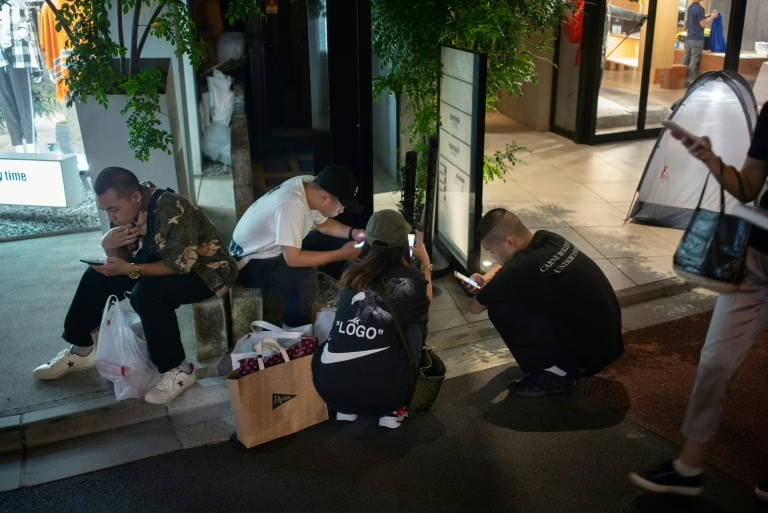Toyoake City Proposes Voluntary Smartphone Usage Guidelines to Promote Healthier Screen Habits
In an effort to address growing concerns over digital well-being, Toyoake City, located in central Japan, is considering a new ordinance encouraging residents to restrict their smartphone use to a maximum of two hours daily outside of work and school hours. This initiative, however, is advisory rather than compulsory, with no penalties for exceeding the suggested limit.
Health-Focused Recommendations to Curb Excessive Screen Time
Mayor Masafumi Koki announced the draft ordinance on August 22, highlighting the city’s goal to mitigate the adverse effects of prolonged device usage, such as sleep disturbances and mental health challenges. The guidelines specifically recommend that elementary school children avoid smartphone use after 9:00 p.m., while junior high students and older youths should refrain from using their devices past 10:00 p.m.
Community Reactions and Clarifications
The proposal has sparked a wave of criticism on social media platforms, with many users deeming the two-hour daily limit impractical. One commenter on X (formerly Twitter) remarked, “Two hours isn’t enough time to even finish a movie or read a book on my phone.” Others argued that decisions about screen time should be left to individual families rather than municipal guidelines.
In response to the backlash, Mayor Koki emphasized that the suggested limits are non-binding and intended as a supportive framework, acknowledging the essential role smartphones play in everyday life.
Context and Precedents in Japan’s Digital Regulation
This proposed ordinance follows earlier efforts in Japan to regulate youth screen time. For instance, in 2020, the Kagawa region in western Japan introduced a pioneering ordinance limiting children’s gaming to one hour on weekdays and 90 minutes during school holidays. It also recommended curfews for smartphone use, with younger teens advised to stop by 9:00 p.m. and older teens by 10:00 p.m.
Current Trends in Youth Screen Time
According to a March 2024 survey by Japan’s Children and Families Agency, young people in the country spend an average of just over five hours online on weekdays. This statistic underscores the challenges municipalities face in balancing digital engagement with health considerations.
Looking Ahead: Implementation and Impact
The Toyoake City council is scheduled to review the ordinance next week, with a potential implementation date set for October if approved. While the guidelines are voluntary, they represent a growing awareness in Japan of the need to promote healthier digital habits amid increasing screen time among all age groups.























0 Comments